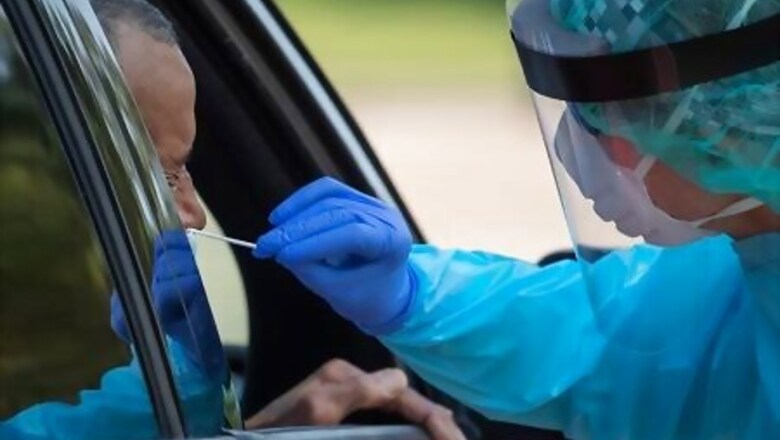
views
The U.S. Centers for Disease Control and Prevention (CDC) said this week that people who were exposed to COVID-19 but are not symptomatic may not need to be tested, sparking outcry among officials and experts who fear the changed guidance was politically motivated.
The advice marks a reversal of the agency’s previous position recommending testing for all close contacts of people diagnosed with COVID-19, narrowing the scope of instances where the CDC recommends testing.
CNN and The New York Times reported on Wednesday that U.S. public health officials were ordered by high-level members of the Trump administration to push forward with the changes.
Brett Girior, the assistant secretary for health at the Department of Health and Human Services (HHS), said there was no political pressure from the administration behind the decision to change testing guidelines.
“This was a product produced by the scientific and medical people that was discussed extensively at the task force,” he said. The task force is led by Vice President Mike Pence.
Anthony Fauci, America’s top infectious disease expert, told CNN that he did not participate in the deliberations because he was in surgery and said he was “concerned” that the recommendations could lead people to believe that asymptomatic spread of COVID-19 was not a problem.
Trump told a rally in June that testing is a “double-edged” sword because it leads to more cases being discovered, causing the United States to appear worse off than it would otherwise. He added that he urged officials to “slow the testing down, please.” A White House official told Reuters that the remark was a joke.
The United States has had more than five million diagnosed cases of COVID-19 and around 180,000 people have died.
U.S. government health officials said during a call with reporters on Wednesday that the guidelines should not be interpreted as “inhibiting public health.”
The goal is “appropriate testing,” not more testing for its own sake, said Girior.
California on Wednesday announced a deal with PerkinElmer to nearly double the state’s testing capacity and reduce turnaround times in a bid to improve access to tests and lower their cost.
Tests of asymptomatic people conducted too early to accurately detect the virus can lead to a false sense of security and potentially help spread the virus, he said.
Girior said the new guidance was not prompted by testing shortages.
Health experts said the move could hurt contact tracing efforts to prevent virus spread.
“It’s inexplicable why this guidance suddenly changed. There is no new science that we’re aware of,” Dr. Leana Wen, former Baltimore health commissioner and visiting professor at George Washington University Milken Institute School of Public Health told CNN. “We need far more testing, not less.”
The new guidelines were a collaboration between the CDC, the Food and Drug Administration and HHS, which oversees the two agencies.
The Trump administration has been criticized for its handling of COVID-19 testing, with many states falling short of the volume needed to help contain the virus during major outbreaks. It has also been accused of interfering with the CDC on previous guidelines such as for school reopenings.
New York Governor Andrew Cuomo was quick to challenge the assertion that politics played no role in the change.
“We need public health people who do public health and not politics, and we’re going to disregard the CDC guidance totally,” he told MSNBC.
(Additional reporting by Caroline Humer; Editing by Bill Berkrot and Alistair Bell)
Disclaimer: This post has been auto-published from an agency feed without any modifications to the text and has not been reviewed by an editor











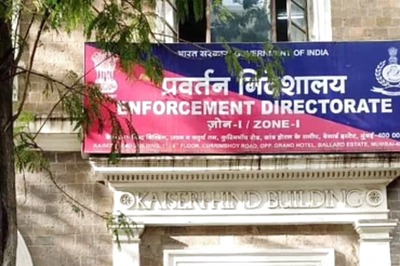



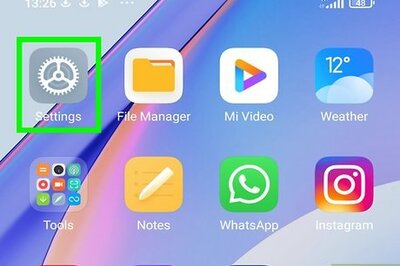
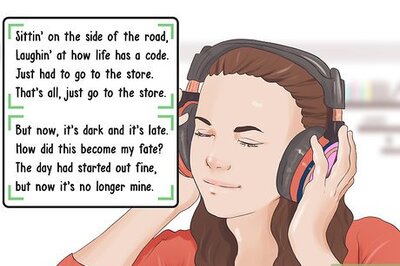
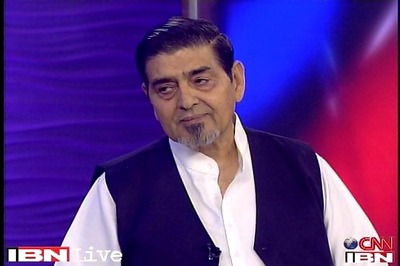
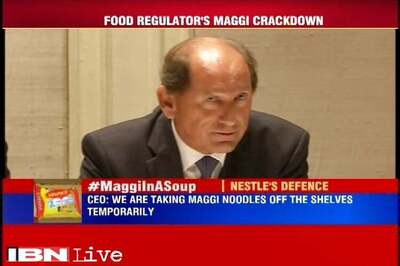

Comments
0 comment